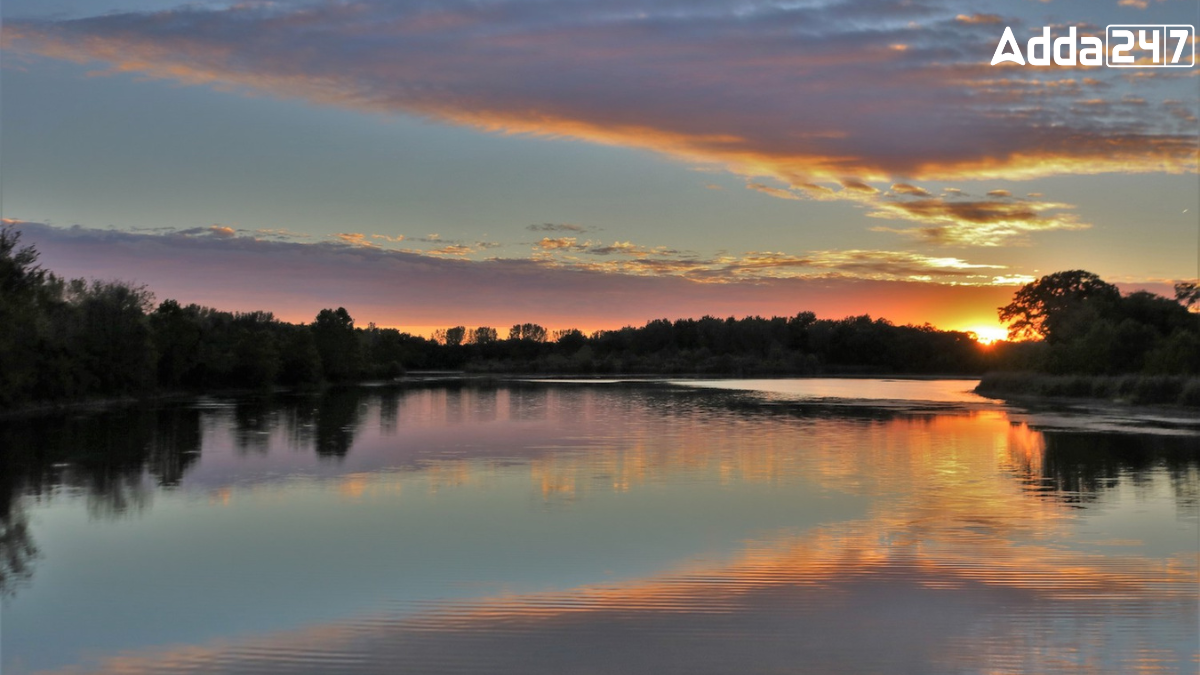Lakes are some of nature’s most breathtaking formations, and many of them hold hidden depths beneath their surfaces. The deepest lakes in the world are not only beautiful but also mysterious, containing unique ecosystems and geological features. This article highlights the top-10 deepest lakes, which are spread across different continents, from Russia to Antarctica, each showcasing fascinating depths that reach thousands of meters below the surface.
Deepest Lakes in the World
The deepest lakes in the world are remarkable for their immense depth and often hold vast amounts of freshwater. Lake Baikal in Russia is the deepest, reaching 1,642 meters, followed by Africa’s Lake Tanganyika at 1,470 meters. Other deep lakes include the Caspian Sea and Lake Vostok in Antarctica. These lakes are home to unique ecosystems and are vital to scientific research and biodiversity conservation.
Top-10 Deepest Lakes in the World as of 2024
Lake Baikal of Russia, with the depth of 1,642 meters, holds the title of the deepest lake in the world, followed by Lake Tanganyika, Caspian Sea and Lake Viedma.
Here is the list of top-10 deepest lakes in the world as of 2024:
| Rank | Name of the Lake | Country | Depth (in meters) |
| 1. | Baikal | Russia | 1,642 meters |
| 2. | Tanganyika | Africa | 1,470 meters |
| 3. | Caspian Sea | Kazakhstan
Russia Iran Turkmenistan Azerbaijan |
1,025 meters |
| 4. | Viedma | Argentina | 900 meters |
| 5. | Vostok | Antarctica | 900 meters |
| 6. | O’ Higgins San Martin | Chile
Argentina |
836 meters |
| 7. | Malawi | Malawi
Tanzania Mozambique |
706 meters |
| 8. | Issyk Kul | Kyrgyzstan | 668 meters |
| 9. | Great Slave | Canada | 614 meters |
| 10. | Crater | United States | 594 meters |
Deepest Lake of the World – Lake Baikal
Country: Russia
Depth: 1,642 meters
Lake Baikal, located in Russia, is the world’s deepest lake with a depth of 1,642 meters. It holds around 20% of the planet’s unfrozen freshwater, making it the largest by volume as well. The lake is famous for its clear waters and unique biodiversity, home to thousands of species, including the Baikal seal, found nowhere else.
Second Deepest Lake in the World – Lake Tanganyika
Country: Africa
Depth: 1,470 meters
Lake Tanganyika, the second-deepest lake in the world, reaches a depth of 1,470 meters. It is located in Africa, shared by countries like Tanzania, the Democratic Republic of Congo, Burundi, and Zambia. Known for its incredible biodiversity, the lake supports over 300 species of fish and is vital for local communities relying on it for fishing and transportation.
World’s Third Deepest Lake – Caspian Sea
Country: Central Asia
Depth: 1,025 meters
The Caspian Sea, bordered by Kazakhstan, Russia, Iran, Turkmenistan, and Azerbaijan, has a maximum depth of 1,025 meters. Despite being called a sea, it is technically the largest enclosed inland body of water. Rich in natural resources, such as oil and gas, the Caspian Sea plays a crucial role in regional economies while being home to unique species like the Caspian seal.




 Which District is known as the Medical C...
Which District is known as the Medical C...
 Which was the First Women's University i...
Which was the First Women's University i...
 Which Island is known as the Island of P...
Which Island is known as the Island of P...








